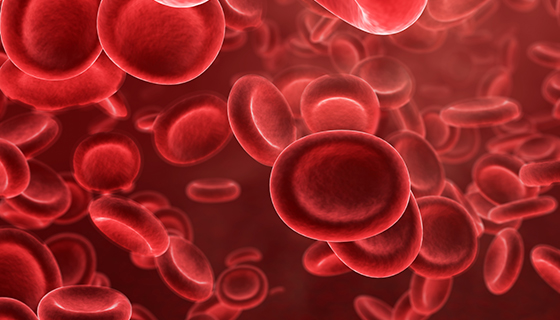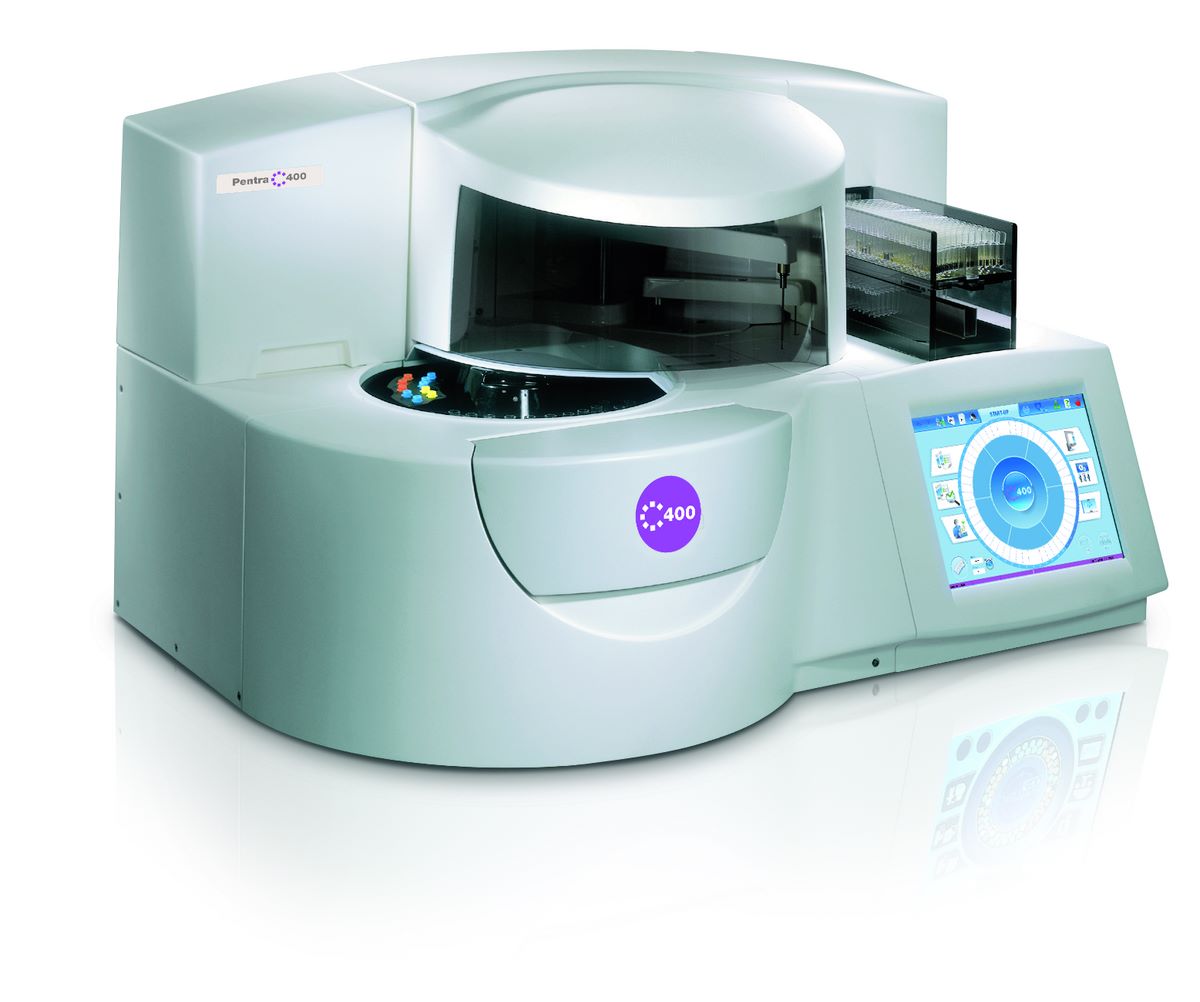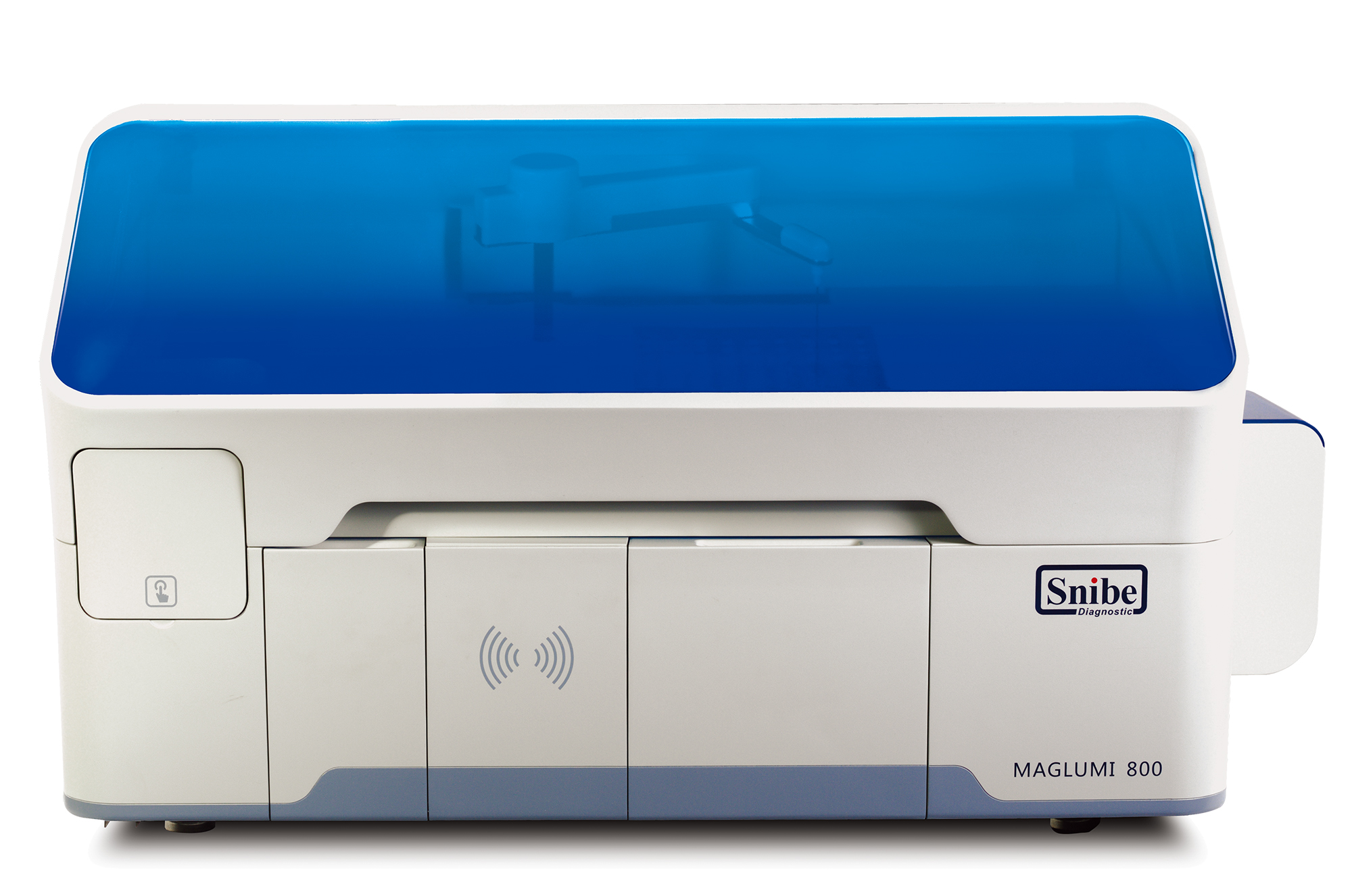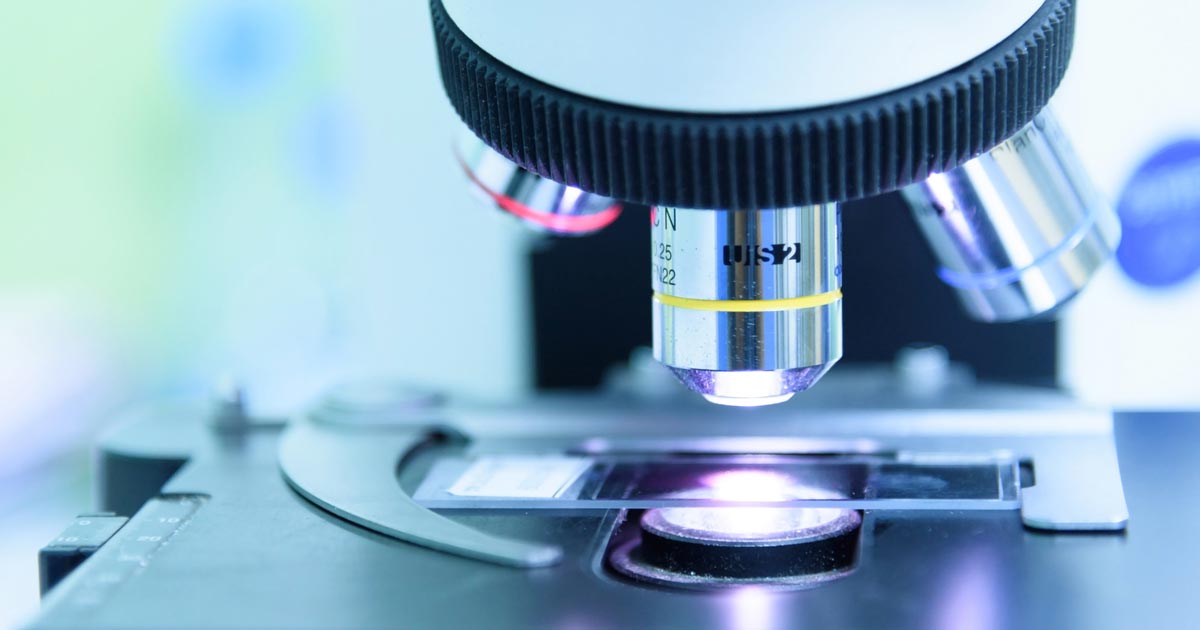Haematology

Yumizen H550
Hematology is the study of blood & blood disease. Hematology includes the diagnosis of various blood disorders and malignancies, such as hemophilia, leukemia, myeloma, sickle-cell anemia etc.
- Test Performed
- Blood Group (ABO & Rh Typing )
- Complete Blood Count (CBC)
- Corrected E.S.R.
- Erythro Sediment Rate (E.S.R)
- HB Estimation
- Malarial Parasite (by Slide)
- Peripheral Smear Examination (PS)
- Platelet Count
- Reticulocyte Count
- TLC with differential / T & D
- Absolute CD4 count
- Coomb Test Direct (DCT)
- Coomb Test Indirect (ICT)
- HB Electrophoresis
- Osmotic Fragility Test
- Rh Antibody Titre
Coagulation

Blood coagulation is a process that changes circulating substances within the blood into an insoluble gel plug which adheres at the site of blood vessels injury and stops the loss of blood. Disorders of coagulation can result in bleeding (hemorrhage or bruising) or clotting (thrombosis).
- Test Performed
- Activated Partial Thromboplastin Time (APTT)
- Bleeding Time & Clotting Time - BT,CT
- D-Dimer Quantitative
- Prothrombin Time (PT) & INR
- Factor V (Proaccelerin) Activity
- Factor XIII Activity (Qualitative)
- Fibrinogen
- Lupus Anticoagulant
- Protein S Antigen Free
- Thrombo Check Panel (Protein C Functional, Free Protein S Antigen, AT III, Factor V Leiden Mutation, Lupus Anticoagulant – DRVVT, Homocysteine, Anticardiolipin IgG/IgM, Beta 2 Glycoprotein IgG & IgM )
Biochemistry

PC 400
Biochemistry is the application of chemistry to the study of biological processes at cellular & molecular level. Biochemistry provides qualitative and quantitative analysis of biological fluids such as blood, serum or plasma, urine, or tissues for specific chemical constituents or physiologic processes. Physicians use these test results to screen for, diagnose or monitor disease.
- Test Performed
- Albumin
- Alkaline Phosphatase(ALP)
- Amylase, Serum
- Anti Cyclic Citrullinated Peptide (Anti CCP)
- Bilirubin- (3 Parameters) (Total,Direct And Indirect )
- Blood Glucose Fasting (FBS)
- Blood Glucose Post Prandial (PPBS)
- Blood Glucose Random (RBS)
- Blood Urea Nitrogen (BUN)
- Calcium, Serum
- Chloride, Serum
- Cholesterol
- CPK-Total
- C-Reactive Protein (CRP)
- Electrolytes (3 parameters)
- G6PD, Qualitative
- Gamma GT (GGT)
- HBA1C (Glycosylated Haemoglobin)
- HDL Cholesterol
- Interleukin 6 (IL-6)
- LDH: Lactate Dehydrogenase
- LDL Cholesterol
- Lipase, Serum
- Lipid Profile (7 parameters) (Cholesterol, HDL Cholesterol, LDL Cholesterol, VLDL Cholestero, CHOL/HDL Ratio, LDL/HDL Ratio)
- Liver Function Tests (LFT) (11 Parameters) (Bilirubin Total, Direct, Indirect, SGOT, SGPT, Alkaline Phosphatase-ALP, Gamma GT (GGT), Total Protein, Albumin, Globulin, A/G Ratio)
- Magnesium
- Micral Test For Albumin
- Oral Challenge With 75 gms Of Glucose
- Phosphorus
- Potassium
- Renal Function Test (RFT) (13 parameters) (Blood Urea, BUN, Uric Acid, Creatinine, Calcium, Total Protein, Albumin, Globulin, Albumin/Globulin Ratio, Phosphorus, Sodium, Potassium, Chloride)
- Serum Creatinine
- Serum Ferritin
- Serum Iron
- Serum Iron Study with Ferritin (5 parameters) (Iron, Unsaturated Iron Binding Capacity (UIBC), Total Iron Binding Capacity (TIBC), Transferrin Saturation Index (TSI), Ferritin)
- Serum Iron Study without Ferritin (4 parameters) (Iron, Unsaturated Iron Binding Capacity (UIBC), Total Iron Binding Capacity (TIBC), Transferrin Saturation Index (TSI))
- Serum Protein
- SGOT (AST)
- SGPT (ALT)
- Sodium (NA)
- Sodium & Potassium (NA+K)
- Total Iron Binding Capacity (TIBC)
- Triglycerides
- Troponin-I (Qualitative)
- Troponin-I (TROP-I) (Quantitative)
- Urea, Serum
- Uric Acid
- Vitamin B12
- Vitamin D 25 Hydroxy
- Widal Test
Serology & Immunology

Malgumi 800
Immunology is the study of the body's immune system and its functions and disorders. Serology is the study of blood serum. Immunology & Serology mainly focus on :- Identifying antibodies, Investigating problems with the immune system , Determining organ, tissue, and fluid compatibility for transplantation.
- Test Performed
- C3 (Complement-3)
- C4 (Complement-4)
- Chikungunya IgM
- Dengue NS-1 Antigen (Rapid)
- Dengue Profile (IgM & IgG)& NS1 Ag (Rapid)
- Dengue Serology (IgG & IgM) Antibody
- Anti HCV Antibody (Rapid)
- Hepatitis B Surface Antigen- HBsAg, (Rapid)
- HIV-I & II, (Rapid)
- Malaria Antigen - Rapid Test
- Pregnancy Test - Urine (Rapid)
- Typhi Dot IgG Antibody
- Typhi Dot IgM Antibody
- VDRL
- Anti - Phospho Lipid Antibody ( IgM) Elisa
- Anti Acetylcholine Receptor Antibody
- Anti Cardiolipin Ab IgG Elisa
- Anti Cardiolipin Ab IgM Elisa
- Anti cardiolipin antibody IgA Elisa
- Anti DS DNA by Elisa
- Rubella IgG
- Rubella IgM
- Torch - IgG & IgM (Panel ) (10 parameter)
- Torch (IgG) (5 parameters)
- Torch IgM (5 parameters)
- Toxoplasma IgM
Immunology is the study of the body's immune system and its functions and disorders. Serology is the study of blood serum. Immunology & Serology mainly focus on :- Identifying antibodies, Investigating problems with the immune system , Determining organ, tissue, and fluid compatibility for transplantation.
- Test Performed
- Alpha Fetoprotein (AFP)
- Beta HCG Serum
- Free T3
- Free T4
- Free Thyroid Profile (3 parameters) (FT3, FT4 & TSH)
- Thyroid Antibody i - Anti TPO, Anti Thyroglobulin Antibody
- Prolactin
- Prostate Specific Antigen (PSA)
- R.A. - Factor Quantitative
- T3
- T4
- Thyroid Profile (3 parameters) (T3,T4,TSH)
- Total IgE
- TSH (Thyroid Stimulating Hormone)
- 17 - Alpha Hydroxy Progesterone
- Allergy Panel Asthma
- Allergy Test (Veg+Pollens+Contacts+Drugs+Nonveg)
- AMA (Anti Mitochondrial Antibody) IFA
- AMH - Anti Mullerian Hormone
- ANA (Anti Nuclear Antibody) BY IFA
- ANCA (PANCA+CANCA) - (IFA)
- Total Covid-19 Antibody
- ANCA MPO
- ANCA MPO & PR3 - (ELISA)
- ANCA PR3
- CA 125
- CA 15.3
- CA 19-9
- CEA (Carcinoembryonic Antigen)
- E2 (ESTRADIOL) TOTAL
- ENA (Extractable Nuclear Antigen) Profile – Qualitative
- ENA (Extractable Nuclear Antigen) Profile - Quantitative
- Follicle Stimulating Hormone (FSH)
- Free Light Chain Assay (kappa & Lambda)
- Luteinizing Hormone (LH)
- Myositis Profile
- Neuronal (Paraneoplastic) Antibody Profile
- Parathyroid Hormone (PTH), Intact
- PCOD Profile (8 parameters) [DHEA-S, FSH, LH, Prolactin, Testosterone - Free & Total, Insulin - Fasting, HbA1c]
- Progesterone
- Testosterone ( Free )
- Testosterone ( Total)
Clinical Pathology

Clinical pathology supports the diagnosis of disease using laboratory testing of blood, urine and other bodily fluids, tissues, and microscopic evaluation of individual cells.
- Test Performed
- Urine Routine Examination
- Urine Albumin
- Occult Blood - Urine
- Urine - Sugar
- Stool Routine Examination
- Stool Occult Blood
- Stool For Reducing Substances
- Stool For Hanging Drop
- Semen Analysis
- Mantoux Test
- Fluid R/M
- Sputum Routine Examination
Microbiology

Microbiology is the study of all living organisms that are too small to be visible with the naked eye. This includes bacteria, viruses, fungi and protozoa, collectively known as microbes. These microbes play key roles in cause and control of disease.
- Test Performed
- AFB Stain
- Sputum for AFB
- Blood Culture & Sensitivity - Automated
- Fluid Culture and Sensitivity
- Fungal Culture And Sensitivity.
- Fungal Smear (KOH)
- Gene Xpert (pulmonary)
- Gene Xpert Plus
- Gene Xpert - MTB with Rifampicin Resistance
- Gram Stain
- Pus Culture & Sensitivity
- Sputum Culture & Sensitivity
- Stool Culture & Sensitivity - Conventional
- Throat swab Culture and Sensitivity
- Urine Culture & Sensitivity
- Vaginal Swab Culture & Sensitivity - Conventional
Cytopathology & Histopathology

Cytopathology is a diagnostic technique that examines cells from various body sites to determine the cause or the nature of disease. It includes FNAC, body fluid examination, PAP Smear etc.
Histopathology refers to the microscopic examination of tissue in order to study the manifestations of disease. Specifically, in clinical medicine, histopathology refers to the examination of a biopsy or surgical specimen by a pathologist, after the specimen has been processed and histological sections have been placed onto glass slides.
- Test Performed
- Conventional Pap Smear
- Liquid Based Cytology (PAP Smear)
- Fluid for Cytology
- Biopsy
- FNAC



